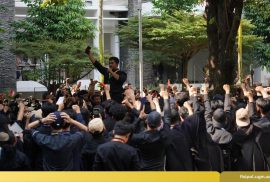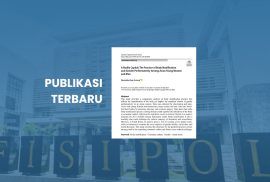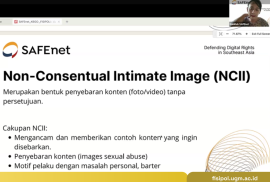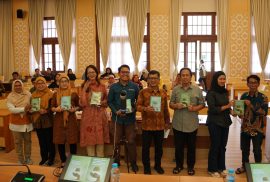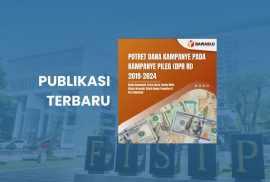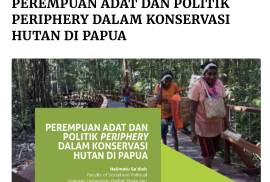The Soenario Kolopaking Team from the Department of Sociology, Faculty of Social and Political Sciences (FISIPOL), Universitas Gadjah Mada (UGM) has won first place in the National Student Scientific Article Competition at the Sociology Competition of Unesa (SOCIUS) 2025, organized by Universitas Negeri Surabaya (UNESA). The competition ran from June 10 to August 3, 2025, and was participated in by eight universities from across Indonesia.
The Soenario Kolopaking Team consists of Nurima Setianingrum and Afkaar Nabil Falah. Under the guidance of Gregorius Ragil Wibawanto, M.A., the team successfully presented their scientific paper titled “The Public Between the State and the Market: The Struggle of Female Online Ojek Drivers in Layered and Persistent Vulnerability.”




